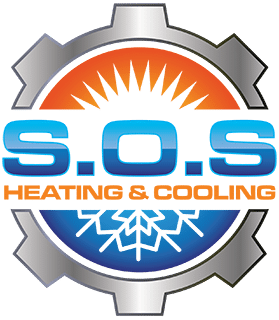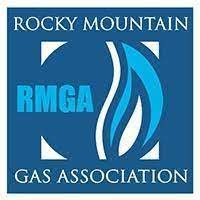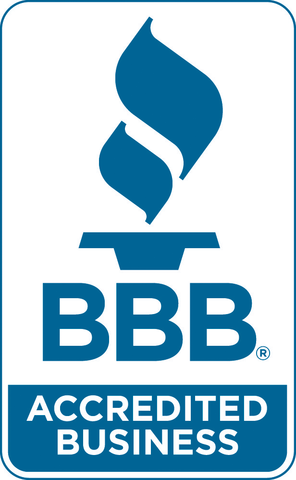Regular air filter replacement is crucial for maintaining a healthy and efficient home environment. Air filters play a vital role in trapping dust, allergens, and other particles that would otherwise circulate through your home. When these filters become clogged or dirty, they can no longer effectively clean the air, leading to various problems.
Improved Indoor Air Quality with Regular Air Filter Replacement
Regular air filter replacement is essential for maintaining good indoor air quality. Over time, air filters capture and hold various contaminants, including dust, pollen, pet dander, and mold spores. When the filter becomes clogged, it can no longer effectively trap these pollutants, allowing them to circulate back into your home.
By replacing the air filter regularly, you help ensure that these harmful particles are continuously removed from the air. This is especially important for households with individuals who suffer from allergies or respiratory conditions, as cleaner air can help reduce symptoms and improve overall health. Regular filter changes contribute to a healthier and more comfortable living environment for everyone in the home.
Moreover, improving indoor air quality through timely air filter replacement can also reduce odors. Cooking smells, pet odors, and other household scents are often trapped by the air filter. A clean filter can more effectively manage these odors, keeping your home smelling fresh and pleasant.
Enhance HVAC System Efficiency Through Proper Filter Maintenance
Proper air filter maintenance is key to ensuring your HVAC system operates efficiently. A dirty or clogged filter restricts airflow, making the system work harder to circulate air throughout your home. This extra effort can lead to increased energy consumption and higher utility bills.
When you replace the air filter on a regular schedule, you allow for optimal airflow, helping your HVAC system run smoothly. This reduced strain on the system not only lowers energy costs but also improves overall performance. An efficient HVAC system can maintain a comfortable temperature more effectively, ensuring a consistent and pleasant indoor climate.
In addition, proper filter maintenance can prevent other components of your HVAC system from accumulating dirt and debris. When the filter is clogged, particles can bypass the filter and settle on critical system parts such as coils and fans. Keeping the filter clean helps to protect these components, reducing the chance of breakdowns and extending the lifespan of your HVAC system.
Staying consistent with air filter replacement is an easy yet vital step in maintaining your HVAC system's efficiency and prolonging its life.
Preventing Costly Repairs and Maintenance with Timely Air Filter Changes
Timely air filter replacement can help you avoid costly repairs and extensive maintenance. A clogged air filter puts undue strain on your HVAC system, forcing its components to work harder than they should. Over time, this added stress can lead to breakdowns and failures that require expensive repairs or even complete system replacement.
By regularly changing the air filter, you can prevent the internal components of your HVAC system from becoming dirty or damaged. Cleaner components operate more efficiently and are less likely to malfunction. This proactive measure can save you significant money in the long run, as it reduces the need for frequent repairs and extends the life of your HVAC system.
Another benefit of timely air filter changes is that they can help maintain the manufacturer's warranty on your HVAC system. Many warranties require regular maintenance, including air filter replacement, to remain valid. Neglecting to perform this simple task can lead to voided warranties, leaving you responsible for covering repair costs that could have been avoided.
Tips for Choosing and Replacing Your Air Filter
Choosing the right air filter for your HVAC system is essential for optimal performance. There are various types of filters available, each with its own benefits. Understanding these options can help you make an informed decision.
1. Check the MERV Rating: The Minimum Efficiency Reporting Value (MERV) rating indicates the effectiveness of an air filter. Higher MERV ratings mean better filtration but may also restrict airflow. Choose a filter with a rating that balances good filtration and adequate airflow for your system.
2. Consider Filter Material: Air filters come in different materials, such as fiberglass, pleated, and HEPA. Fiberglass filters are the most basic and cost-effective but offer the least filtration. Pleated filters provide better filtration and durability. HEPA filters offer the highest level of filtration but may not be suitable for all HVAC systems.
3. Check Manufacturer Recommendations: Always follow your HVAC system manufacturer's recommendations for filter type and replacement frequency. Using the wrong filter can impair system performance and lead to issues.
4. Set a Replacement Schedule: Establish a regular schedule for replacing your air filter. Mark your calendar or set reminders to ensure you never miss a replacement. Typically, air filters should be replaced every 1-3 months, depending on usage and household conditions.
Conclusion
Regular air filter replacement is a critical aspect of maintaining your HVAC system and ensuring a healthy living environment. Clean filters improve indoor air quality, enhance system efficiency, and prevent costly repairs. By choosing the right filters and adhering to a replacement schedule, you can optimize the performance and longevity of your HVAC system.
For expert advice and professional air filter replacement in Salt Lake City, trust the team at S.O.S. Heating & Cooling. Our professionals are dedicated to providing top-notch service and ensuring your home remains comfortable and efficient. Contact us today to schedule your air filter replacement and keep your HVAC system in peak condition.















